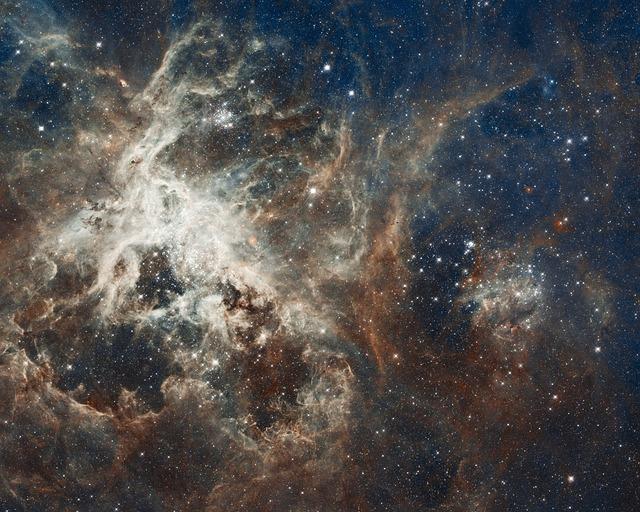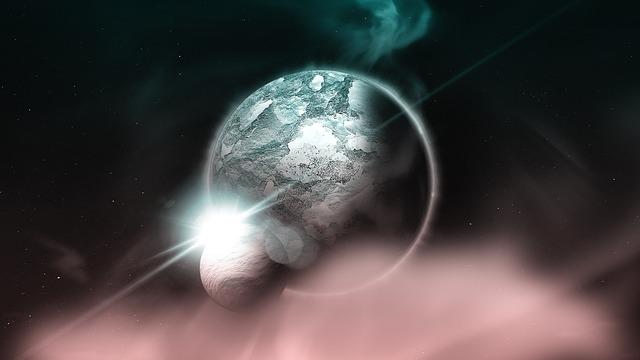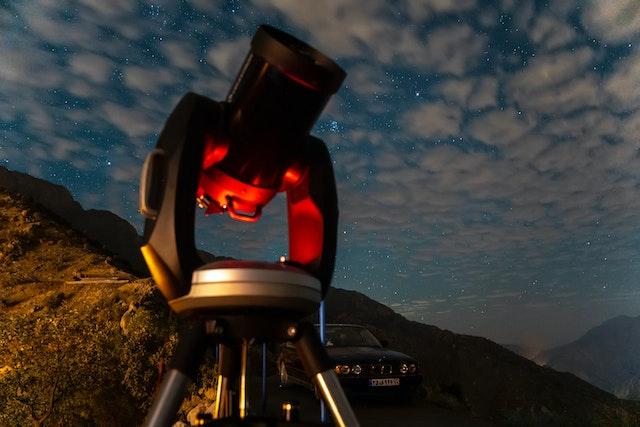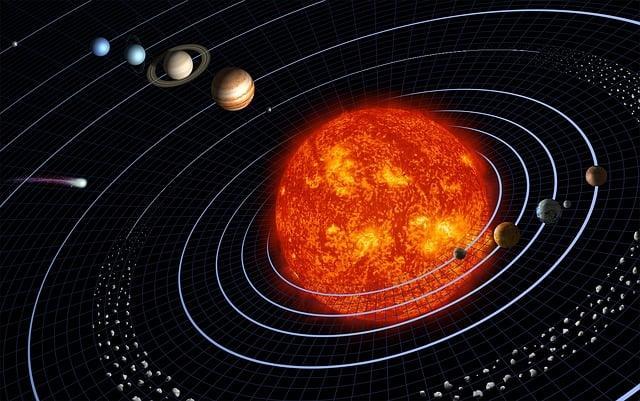The History and Evolution of the Big Bang Theory The Big Bang Theory is the most widely accepted scientific theory for the origins of the universe. It states that the universe began as a singularity – a point of infinite density and temperature – and has been expanding ever since. In this blog, we will explore the history and evolution of the Big Bang Theory and how it has changed over time. The idea of an expanding universe was first proposed by Belgian astronomer Georges Lemaitre in 1927. He suggested that the universe began as a single point and has […]
The Big Bang Theory:- Critical Analysis, Unsolved MysteryRead More »








